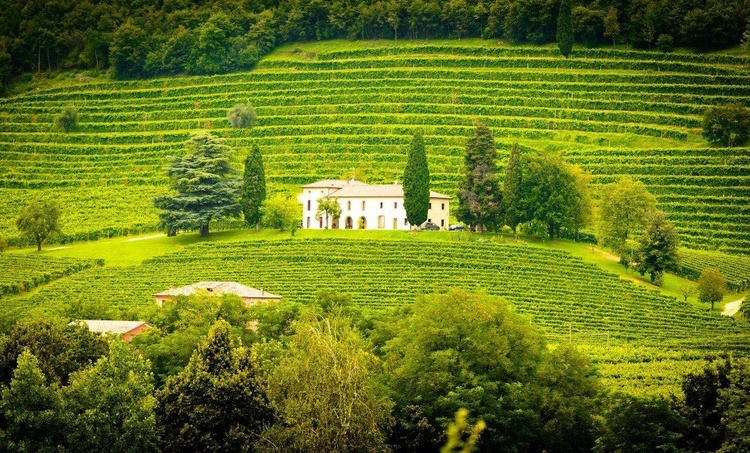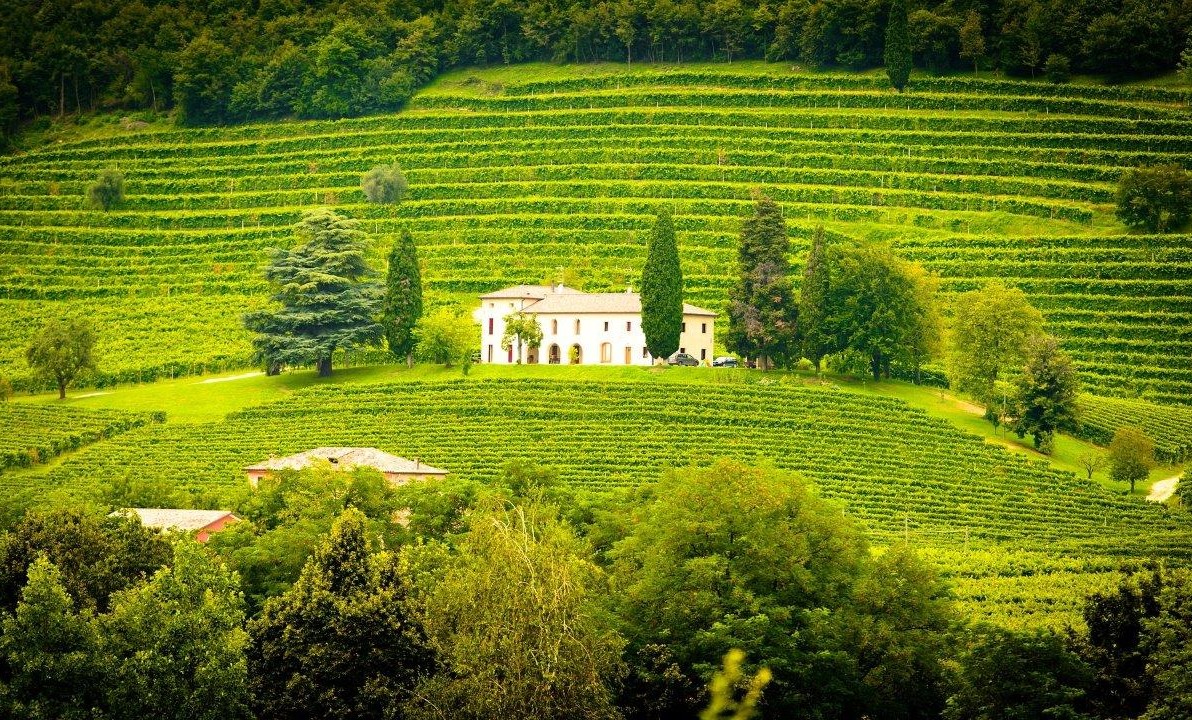A final round of major negotiations with the bloc will take place in Brussels next month, as delegations work to seal a free trade deal by a mid-year deadline.
One of the biggest sticking points during the negotiations is Australia's unwillingness to give ground over geographical indicators (GIs) on locally made produce such as prosecco and feta.
The Federal Government is running a public objections consultation process on wine GIs put forward by the EU.
The bloc is seeking protection for 50 new wine GIs under the wine agreement, which would stop producers elsewhere in the world using those names.
Head of Australian Grape & Wine, Lee McLean, said prosecco growers first went into battle in 2013 to protect the Australian industry which is now worth $200 million.
"We will certainly be voicing our grievances about the EU's push to protect prosecco as a GI," he said.
"Prosecco is a grape variety, just like shiraz is, just like chardonnay is. We need to make sure that Australian producers maintain that right to use the grape variety name on their labels."
McLean said if the EU is successful in getting prosecco banned from being produced anywhere else but Italy, it would set a precedent for other grape varieties.
"Not only would we not be able to use prosecco as a grape variety here in Australia, but we couldn't export prosecco anywhere else around the world," he said.
"If we allow this precedent to be set about a grape variety name being banned in Australia ... we would be potentially setting ourselves up to have a number of other grape variety names treated the same way."
Natalie Pizzini from Australia's Pizzini Wines said if the EU's claim on prosecco was successful then it would come at a huge cost to their company and others.
She said prosecco makes up one-quarter of Pizzini bottled wine production, while all of their wine is produced from Italian grape varieties.
"If prosecco is taken, what is next?" Pizzini said.
"If it means we can no longer market grape varieties like sangiovese, nebbiolo, pinot grigio, we will have to spend as an industry millions and millions of dollars on renaming and rebranding and building markets for new grape variety names."
Australia has previously agreed to protect more than 2000 EU wine GIs such as Champagne and Burgundy, while more than 100 Australian wine GIs like Barossa Valley and Margaret River have been agreed to by the EU.
Trade Minister Don Farrell said the Government would not sign a deal for the sake of it.
"Negotiations will only be concluded when we have a deal that's in Australia's national interest," he said.
Negotiators have engaged in more than a dozen rounds of talks.
The European market has a gross domestic product of about $23 trillion, and Australia is seeking to improve access for agricultural products.
Submissions objecting to wine GIs can be lodged until April 21.
AAP











